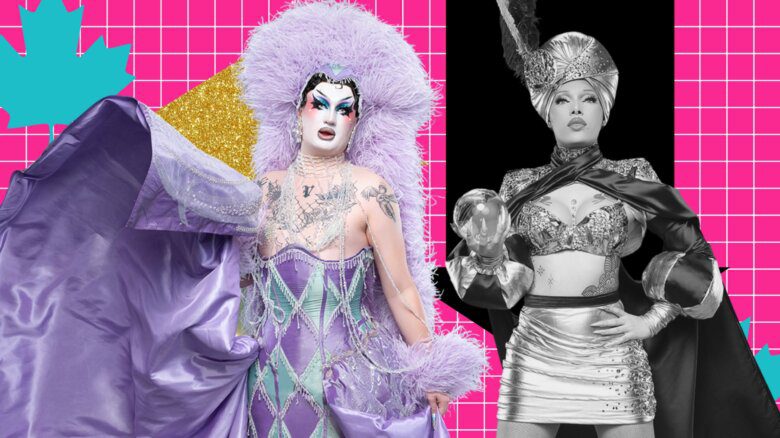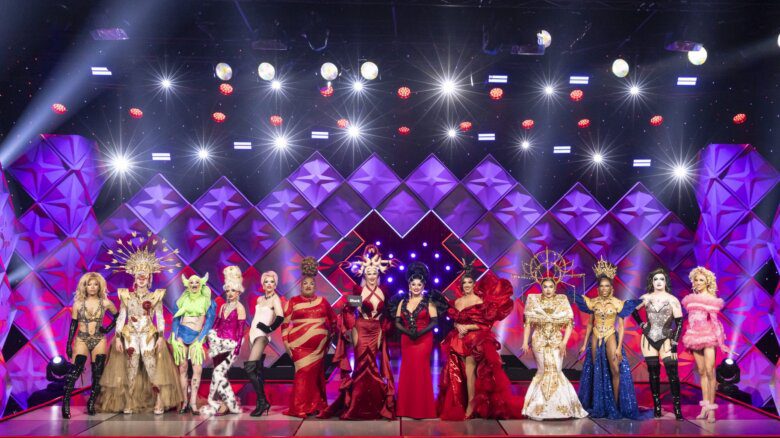Outgames and Gay Games organizers are talking about eventually replacing their two separate games with one event to be produced jointly by the Federation of Gay Games and the Gay and Lesbian International Sporting Association (GLISA), which hosts the Outgames.
“The international community has asked all parties to work toward a single quadrennial event. With GLISA, we established a 1QE 2018 Working Group to assist us in reaching this objective,” says Federation co-president Kurt Dahl. “We know the task at hand is difficult, but we are confident that this group can create what the community wants us to create: a single event in 2018.”
1QE stands for One Quadrennial Event.
“This is in response to the community saying, ‘We find it challenging to attend both events, whether they are in one year or not,’” adds Thomas Kevin Dolan, a member of 1QE and a founding member of GLISA.
“It’s expensive to go to something like that with travel, registration fees, and that’s something that people have to consider,” agrees Pat Hogan, who was Vancouver’s representative to the Gay Games for seven years.
In 2001 Montreal won its bid to host the 2006 Gay Games. At the 2003 Gay Games AGM, negotiations between the Montreal organizers and the Federation broke down over disputes regarding funding, budget and the size of the games. The Federation subsequently granted the 2006 Gay Games to Chicago, but Montreal went ahead with its own games, forming the Gay and Lesbian International Sport Association and the 2006 World Outgames.
Since that time there have been two international gay sporting events. The World Outgames continued in Copenhagen, Denmark, in 2009 and will be held again in Antwerp, Belgium, in 2013.
Vancouver will host a continental version, the North America Outgames, this summer from July 25 to 31.
Meanwhile the Gay Games, last held in Cologne, Germany, in 2010, will take place once more in Cleveland, Ohio, in 2014.
“The next [World] Outgames would have been 2017, and provided that all of this moves along, I suspect there will be no 2017 Outgames,” says Federation of Gay Games communications co-chair Kelly Stevens.
There are, however, no plans for the Federation and GLISA to merge.
“That’s not at all on the table,” says Stevens, noting that both organizations want to maintain their integrity while jointly producing the 2018 event.
Dolan says the Federation and GLISA each have their own unique culture and traditions, citing the Outgames’ special focus on human rights.
“The Outgames took sport and brought in a cultural mix and a human rights mix, and I think that was new for the international community,” he says. “Of course the Gay Games were also about culture and sport, but human rights was a new focus in 2006.”
Unlike the Gay Games, which hosts one international event every four years, the Outgames also hosts continental games, such as the one set to take place in Vancouver.
Outgames president John Boychuk says the joint event being envisaged won’t have an immediate impact on the continental games.
Boychuk says there is cooperation between the two sporting bodies, and people coming to the Vancouver Outgames will see the progress.
Stevens says the idea for a joint event was conceived in 2009 at the European Gay and Lesbian Sport Federation’s 20th anniversary celebrations in The Hague, which allowed the two sides to meet.
“People from Cologne 2010 and folks from the Outgames were there; a lot of people were in from the games in Copenhagen. It was presented as an opportunity to meet in a friendly way.”
The last two unified games, which took place in Amsterdam in 1998 and Sydney in 2002, attracted 13,000 and 11,000 participants respectively. The separate 2006 games held in Montreal and Chicago each brought in approximately 12,000 participants.
The 2010 Gay Games in Cologne attracted about 10,000 participants compared to 5,500 for the 2009 World Outgames in Copenhagen.
Dolan says having a joint event has nothing to do with the drop in attendance at Copenhagen.
“In Europe, they hold the Euro-games every two years and are excellent at doing games focused in their region,” he says. “They usually cycle between a bigger event and a smaller event, and they had planned to do an event smaller than Montreal. They actually exceeded the numbers they had planned.”
He believes that 2018 is an opportunity for both organizations to create something new.
“The challenges we have as a cohesive group is to really define the content of 2018 based on the great and lasting endurance of the Gay Games and the innovation of the Outgames,” Dolan says. “I think there’s a really cool opportunity to create something different from anything that’s happened before.”
 Why you can trust Xtra
Why you can trust Xtra


